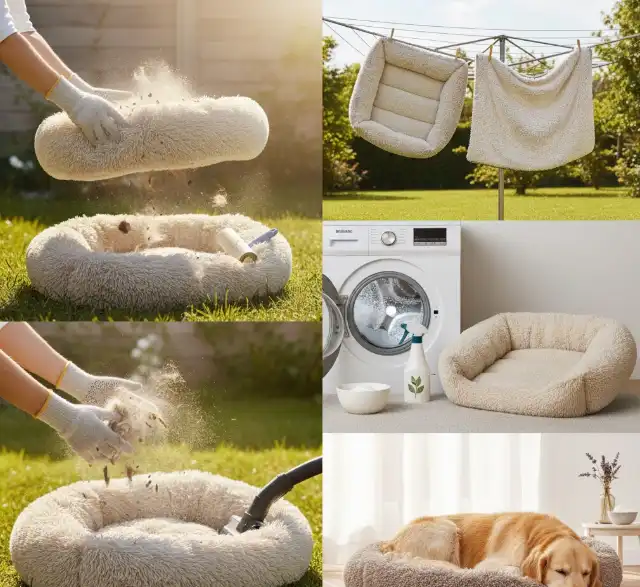Caring for Your Dog: An Ultimate Guide
Discover expert tips for dog care in our ultimate guide! Learn about nutrition, grooming, training, and more to keep your furry friend happy and healthy.
Your dog is your best friend. Of course, you know that already and that’s why you’re here.
A dog can be an adorable addition to your home. But if you’re just recently coming into pet parenthood, you need to know precisely how to care for your dog.
Just like humans, pets also have their unique needs. From the correct type of food to how to treat them when sick, this guide will give you valuable insight into caring for your favourite pet.
Feeding your dog
You may have adopted your dog as a puppy. And just like humans, a puppy’s feeding pattern is notably different from that of a full-grown.
- If your puppy is between eight and 12 weeks old, feed it four meals daily.
- If it’s three to six months old, it would need to feed three times daily.
- Feed your six months to a one-year-old puppy twice a day.
- A dog older than a year can do with a single large meal or two smaller meals daily.
You’d notice that as dogs get older, they tend to eat less. That’s because they become less interested in eating. However, you need to keep giving your dog optimum nutrition to maintain its health and proper body function.
Note that foods for humans are not great for dogs. They do not contain all the nutrients dogs require (and their foods are also not wholesome for humans). Human food may even cause obesity and teeth problems for puppies. So it’s best to shop for a branded dog food (dry food for adults and puppy food for puppies) as this would have the optimum nutrition required by your favourite friend.
Even when you discover your dog enjoying foods like cottage cheese and cooked egg, such foods should not exceed 10% of its daily consumption.
Grooming
Your dog will be inside your house most of the time, but dirt can accumulate in its furs. Although dogs don’t require a bath more than once every four weeks, brush their furs frequently to minimize shedding. And if you want to bathe them, detangle mats on their fur by combing or cutting away the matted area. Ensure you thoroughly rinse out soap as your pet likes to lick its fur.
Shelter
You wouldn’t want your pet to stay on the cold hard floor. Dogs need warm, quiet places to retire to. A training crate will do, but if you can afford some luxury, get a dog bed with a blanket to keep your pet warm in cold weather. Ensure you wash the items regularly as they can get quickly messy, and you wouldn’t want your dog lying in the dirt.
Additionally, ensure your dog always has access to clean water and shade during hot periods.
Handling your dog
You obviously want your dog to be comfortable, so you might wonder what the best way to handle your dog is. To carry a puppy or any small dog, lift it by its front legs or scruff of its neck. Then, hold it to your body by placing one hand under its chest and using your other hand to support its hind legs.
Avoid pulling or jerking young pups towards you, and avoid lifting them by their tail or hind legs.
For bigger dogs, always lift from the underside and hold them just as you’d hold a small dog.
Checking for pests
Ticks are a dog’s worst nightmare. They hang onto the dog’s skin, deep within the fur and out of your sight, to lay siege upon the dog.
Care for your dog by checking its hair regularly for ticks and fleas. Open up each area of their coat and look around thoroughly. Get a flea comb to brush through the dog’s fur and remove fleas.
If you notice your dog licking a particular spot, there may be a tick there. You can also speak to a veterinary doctor about fleas and tick control.
Spaying/Neutering
Once your dog reaches six months of age, get it spayed or neutered (having its reproductive organs removed. Spaying or neutering your dog has significant health benefits.
Fun time with your dog
Although you may want your dog to stay indoors all the time, they too can get bored. They need to exercise frequently to burn off calories and stay physically and mentally healthy. Yes, dogs are intelligent creatures.
You can take your pet out for a walk around your garden, let them run around and put their body to action under your supervision. Dogs like digging, chewing, retrieving, and chasing, so you should allow them to exercise their primal needs. That will help prevent them from getting destructive inside your home.
Vaccination
Check in to get your dog vaccinated from time to time for disease prevention.
Collars
All owned dogs must wear a collar in the UK. Find out the specific licensing regulations in your town, get the license, and attach it to the dog’s collar. For extra safety, you may implant a chip to easily locate your dog when it gets lost.
What to do when your dog gets poisoned
If you have a dog, ensure you have the phone number of a veterinary doctor near you so you can call them in case of an emergency. If you suspect that your dog has ingested any harmful material or is sick, do not offer any medication unless prescribed by the vet. For any animal emergency in the UK, call the RSPCA on 0300 1234 999.
Bonus tips
Get a poop bag
If you’re out on a walk with your pet, always have it on a leash and have a poop bag with you. If the dog gets so pressed and poops in any public place, scoop up the poop into the poop bag.
Some dog must-haves
Want to be a great pet parent? Then ensure your dog has the following:
- Branded dog food for optimum nutrition
- Food and water bowls
- Chew toys to substitute bone (dogs love chewing bones)
- Brush and flea comb for grooming
- Collar
- License and ID tag
- Shelter
- Toothbrushes
Conclusion
Just as you’d care for yourself and a loved one, your best friend also deserves quality care. And when your dog is happy, you’re happy as well.
-

How to Clean and Deodorise Pet Beds
-



Are Exotic Pets Safe for Families? A Practical Guide for Curious Households
-


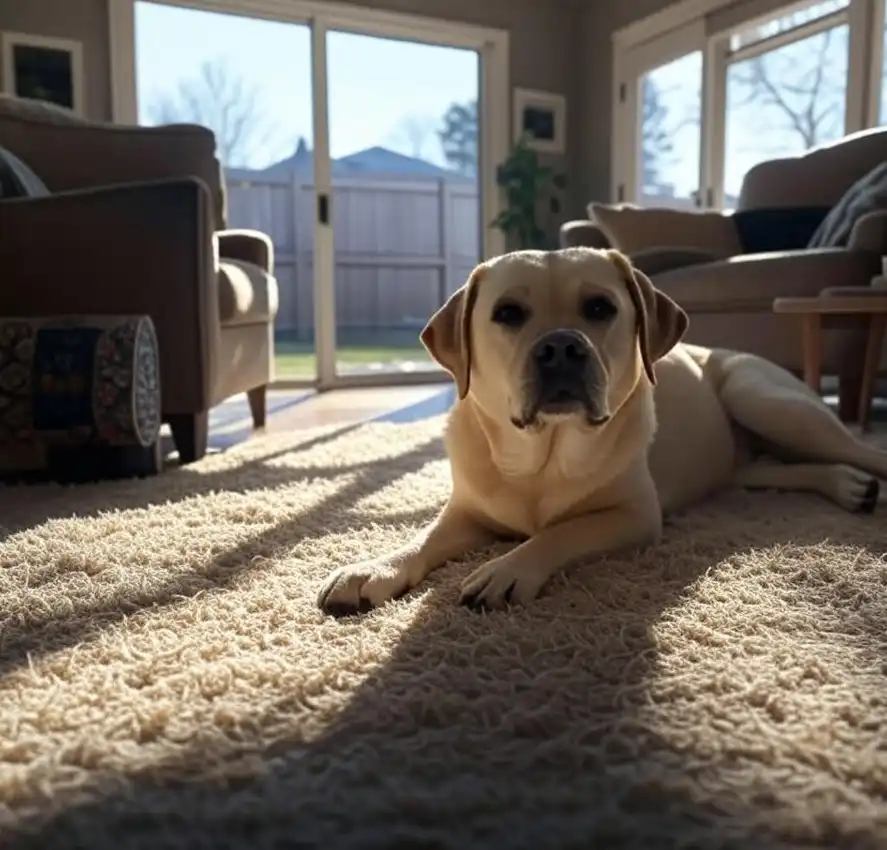
How Building Inspections Ensure Pet-Friendly Homes
-


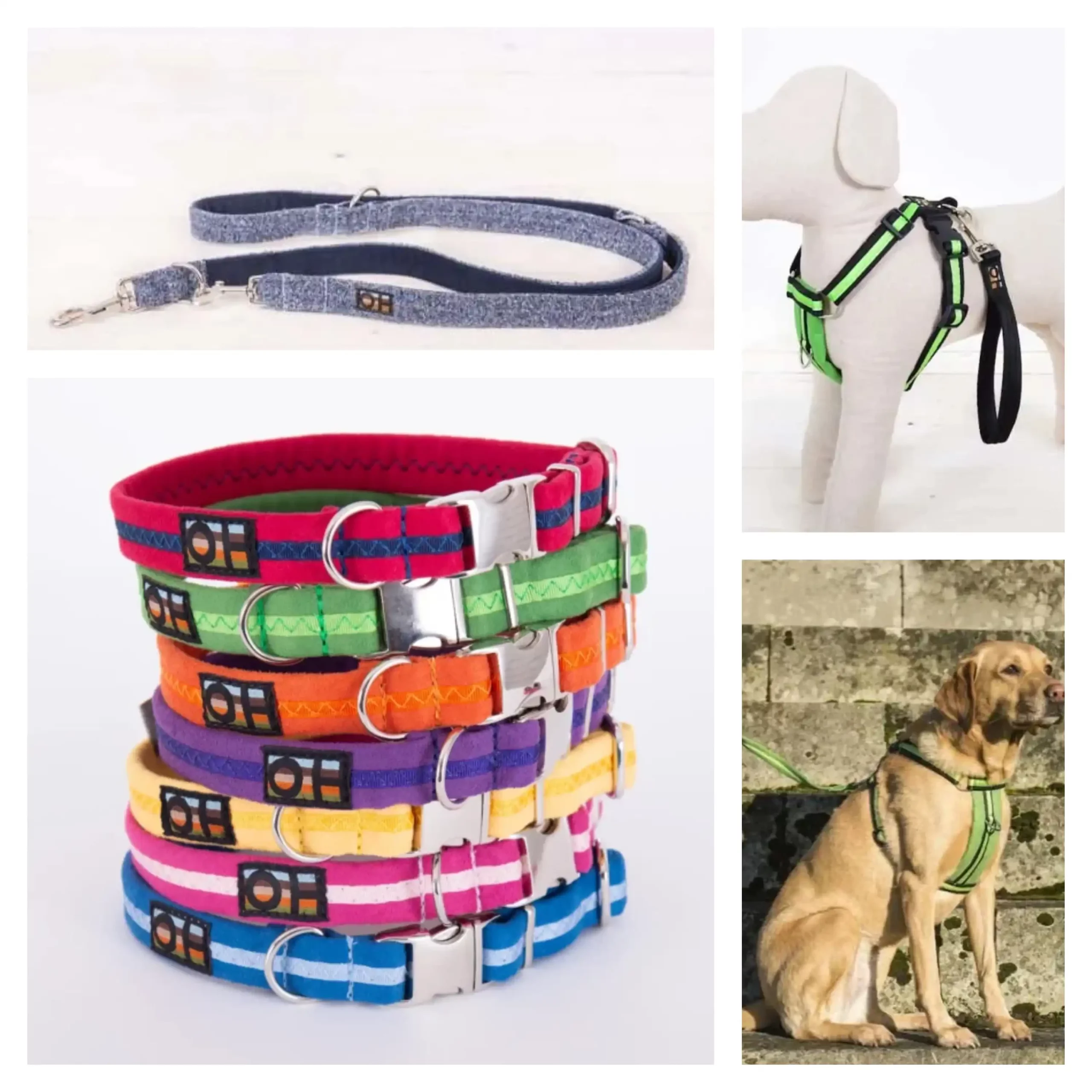
Oscar & Hooch Luxury Dog Accessories for Your Stylish Dogs
-



Purr-fectly Delicious: A Review of Astkatta Iceland Canned Cat Food and Feast Cat Wet Food
-


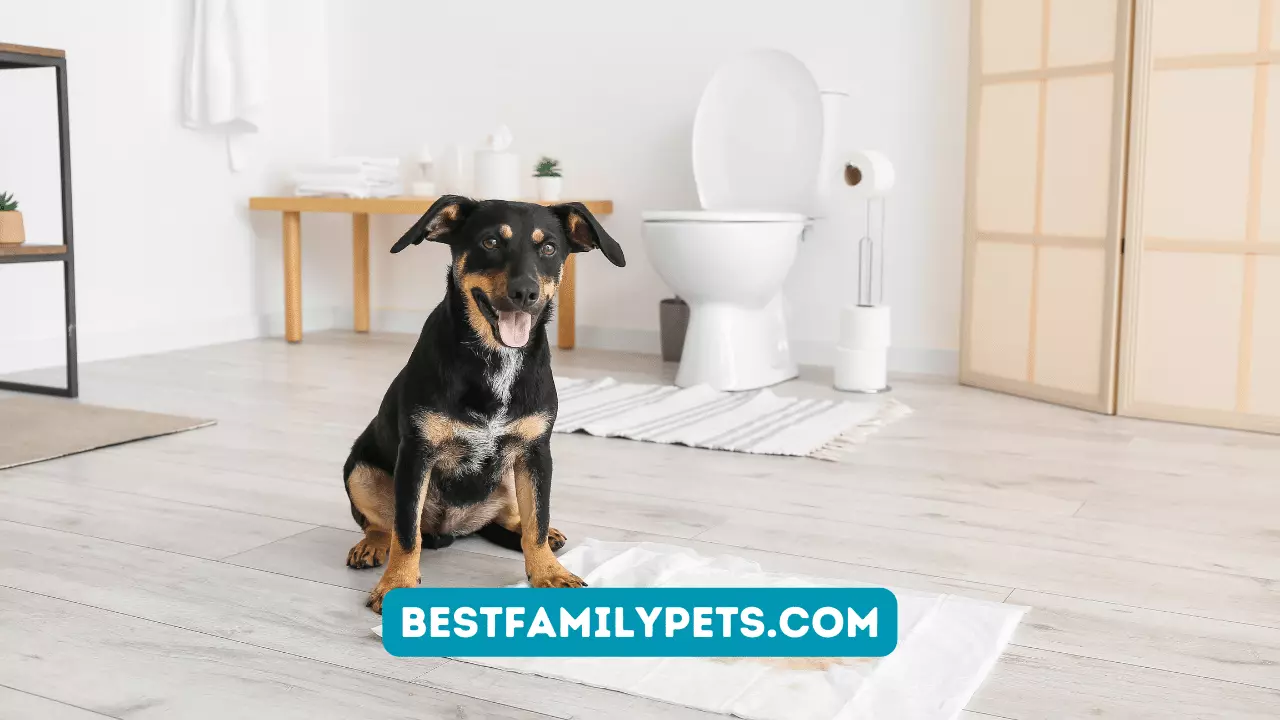
10 Cheapest Dog Training Pads for Tight Budgets
-


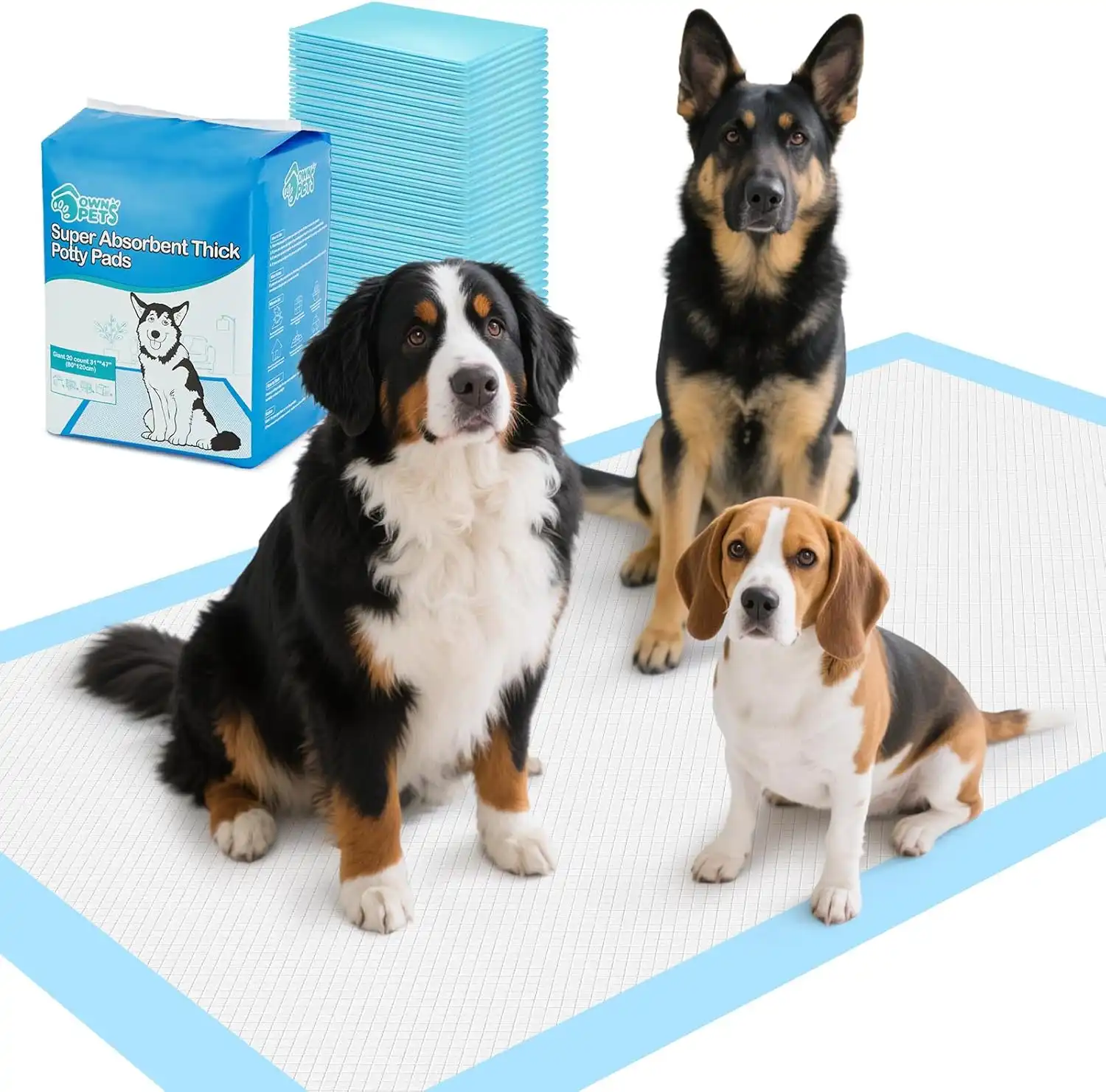
Ownpets XXXXL Puppy Training Pad: Ultimate Pet Solution
-


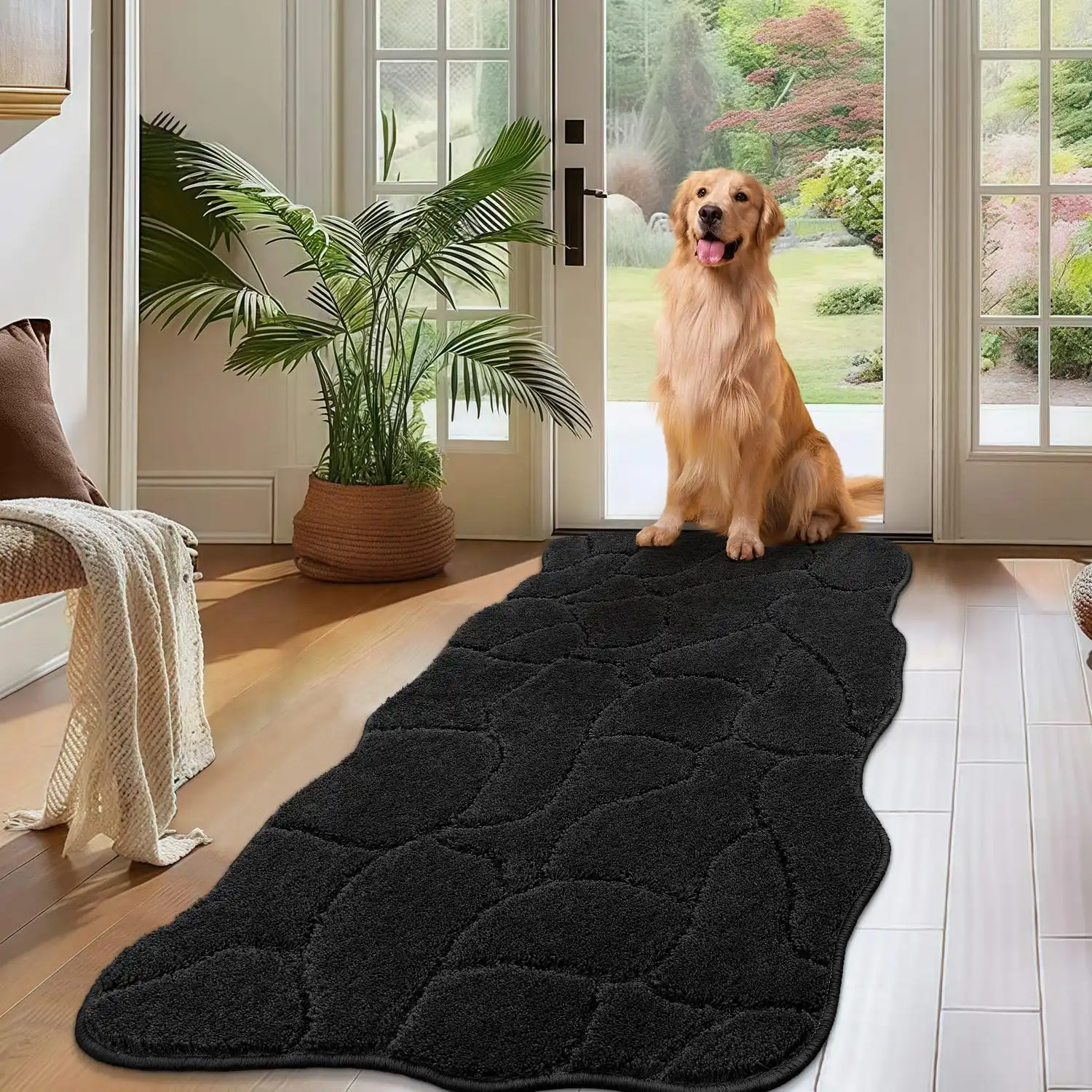
Large Dog Door Mat for Muddy Paws: A Must-Have for Pet Owners
-


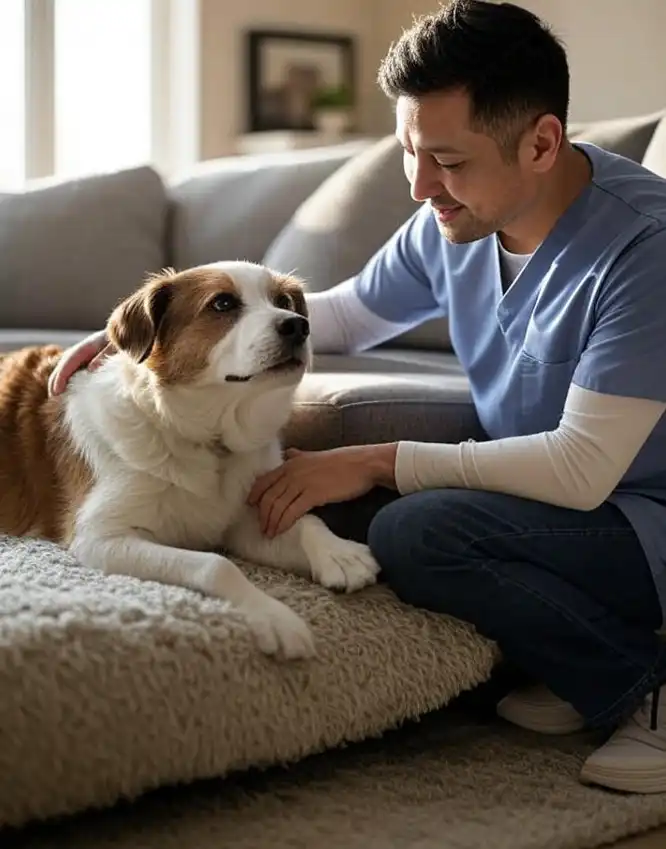
Pet Euthanasia in Gilbert: Compassionate Care Options
-



Why Pet Owners Need Home Safe Washing Services
-


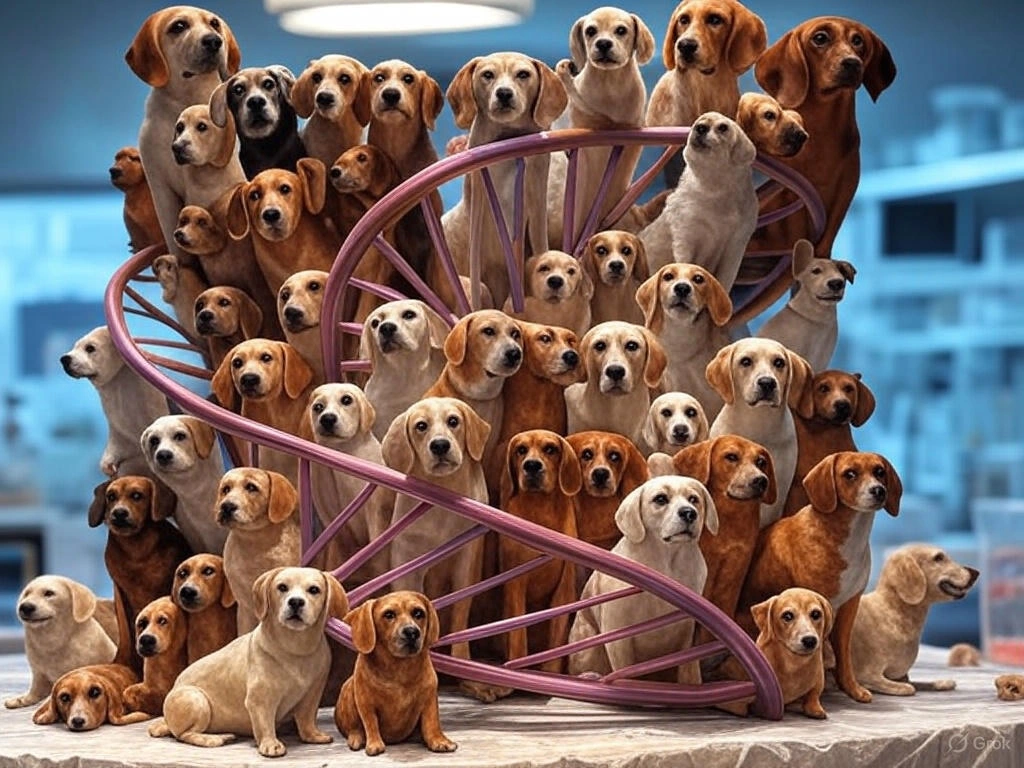
Ultimate Guide to Dog Breed Identifier DNA Tests
-


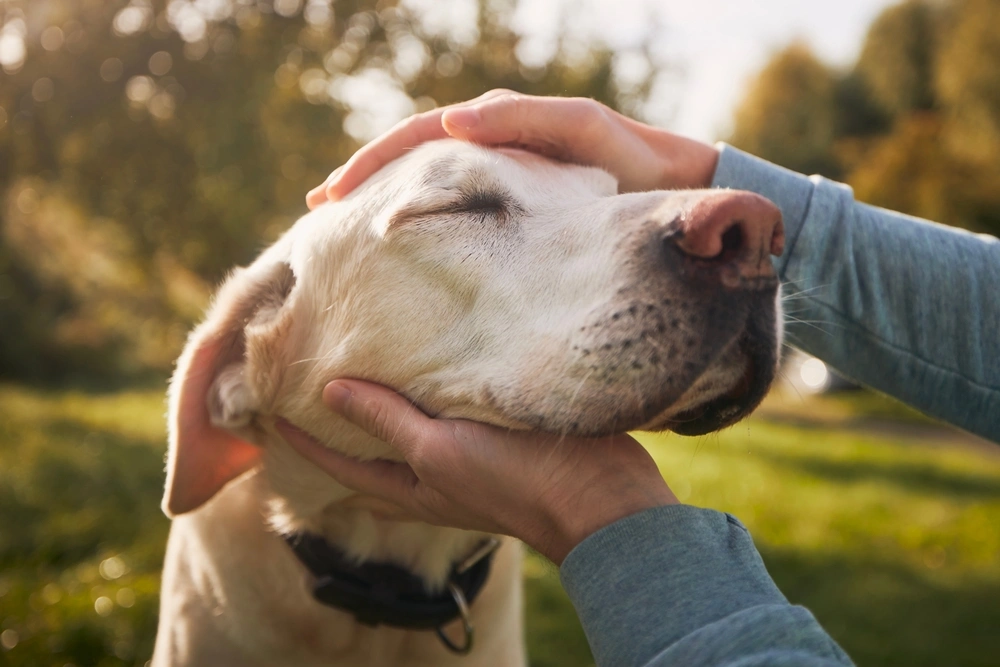
The Corporate Takeover of Veterinary Care: When Profits Trump Pets

